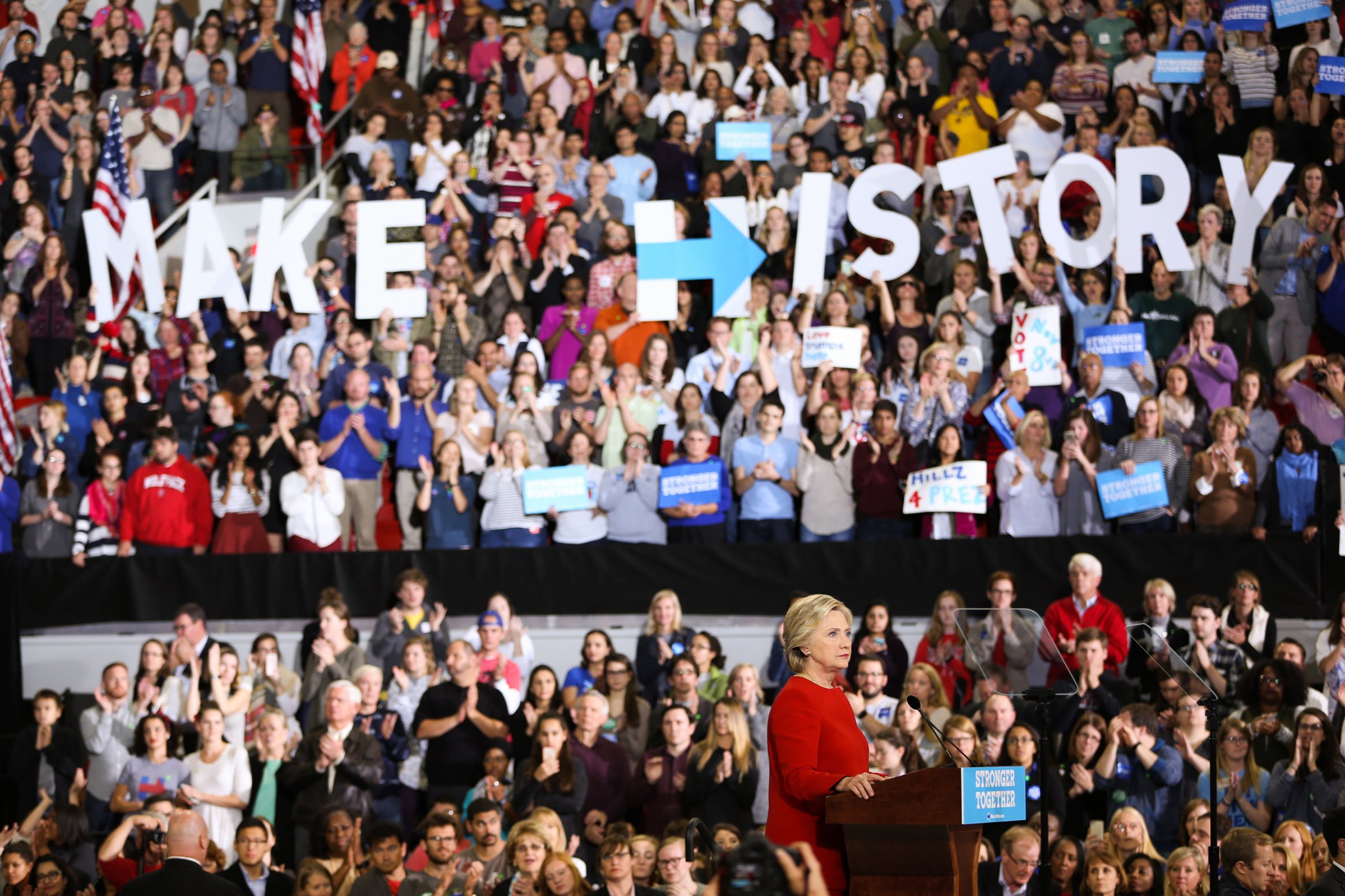
It’s the afternoon of Wednesday, Nov. 9. We are at the New Yorker Hotel and Hillary has just finished her concession speech. I decide to just nod and smile wistfully when supporters and reporters, men and women alike, laud Hillary’s concession speech. “Where was ‘this Hillary’ during the campaign?” they would lament. “Why didn’t we see this side of her when it mattered?”
Yes, I am sure you loved her concession speech, I thought to myself. Because that’s what you think is acceptable for a woman to do — concede.
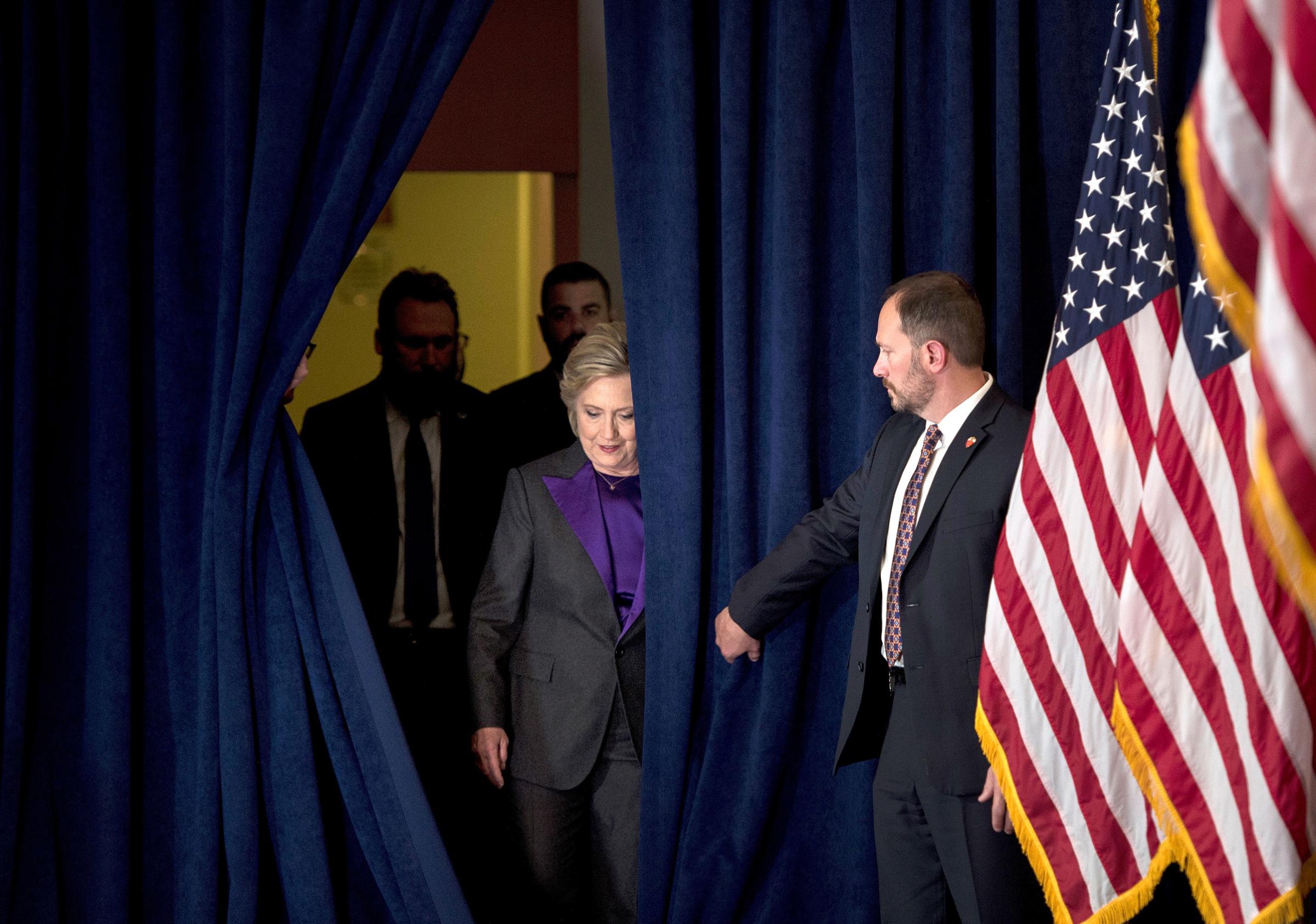
Had I never left the Obama White House to be part of the campaign, I am sure I would have asked the same question. I probably would have printed out the transcript of her remarks, and pored over them, trying to isolate the essence of what she had said that made this speech so much more appealing than anything she had said during the campaign. And I wouldn’t have found it. Because I needed to have the experience of working for a female presidential candidate to understand that why we liked “this Hillary” so much better than “candidate Hillary.” Fundamentally it wasn’t about the words she used in her concession speech but what she represented. She was no longer a woman pushing to be president. She was a gracious loser putting the needs of her country above her own. It was the role of Hillary as an ambitious candidate that troubled us.
We think a woman shines best when she is selflessly putting others’ interest above her own. It is more flattering than seeking her own spotlight.
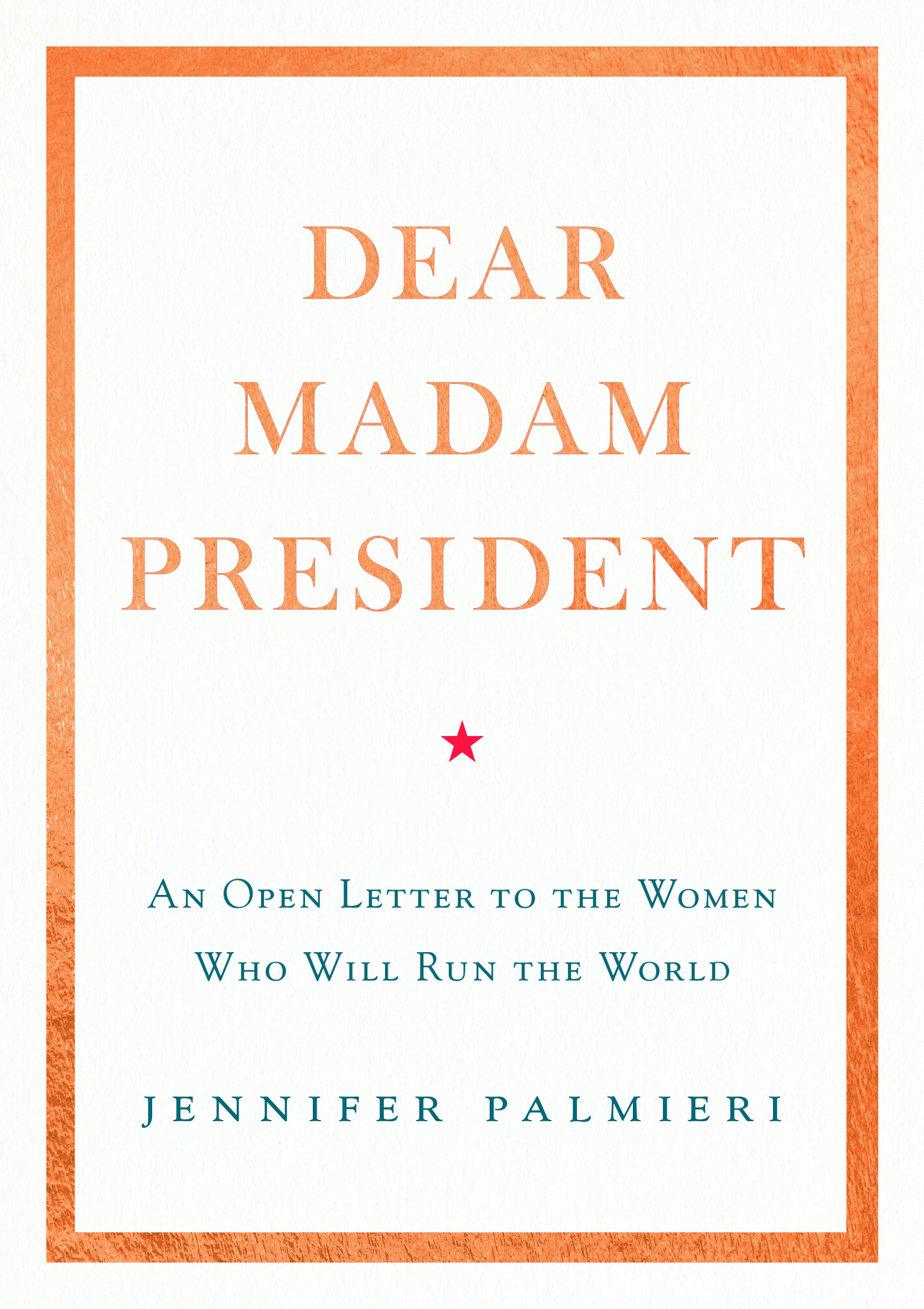
I have to tell you that when I first joined Hillary’s campaign, I didn’t think it was going to be that hard or even that big of a deal to elect the first woman president. Let’s just say after having gone through this campaign, I have a different perspective.
Before I delve into all that happened in the campaign, I want to be clear that while misogyny and sexism were a problem on the campaign trail, I don’t believe everyone who voted against Hillary did so for sexist reasons. But I do believe we encountered an unconscious but pervasive gender bias that held Hillary back in many ways. I think it’s that subtle gender bias that made people find her so vexing. I think it comes from her being someone who pushed the boundaries of roles held by women for 40 years.
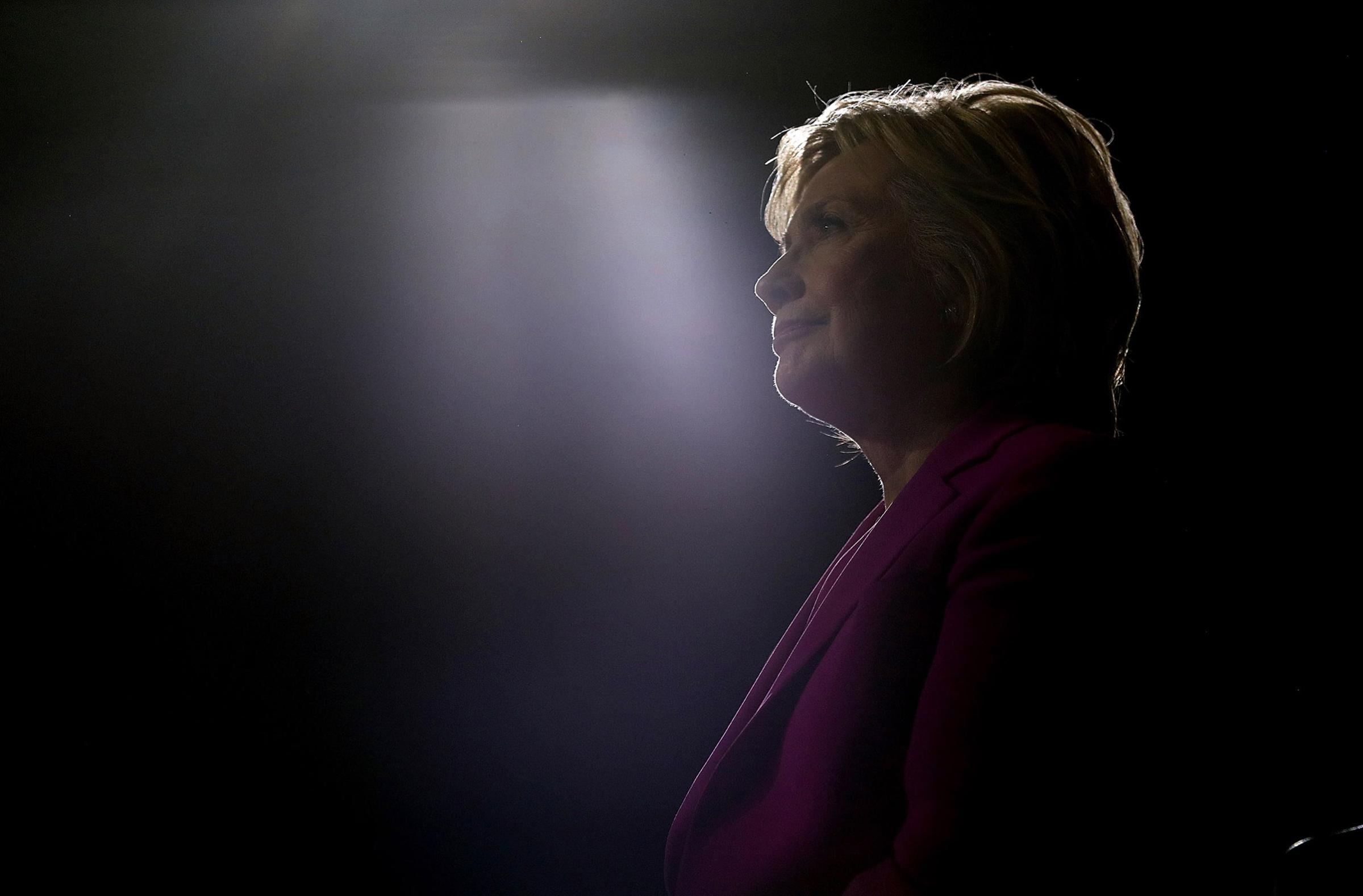
“Move forward, draw fire.” That was a line two of the Secret Service agents on Hillary’s detail would say to each other when they were managing a tricky internal situation. “Guess we only have one option left,” they would say. “Move forward, draw fire.” It always made me laugh. I found it to be true on the campaign side of the operation, too. It’s not an optimal political strategy. It would be better to just move forward. But it’s rare in politics when an offensive move doesn’t come with some collateral damage. You have to be comfortable with that. Women are particularly uneasy with drawing fire. Which is too bad. Because nothing draws fire like a woman moving forward.
Hillary has had more than her share of storms to weather. A big one came her way on Oct. 28, 2016, when the news broke that the FBI was reopening the Clinton email investigation. We were flying to Iowa when we learned of the news. Robby Mook, Nick Merrill, and I approached Hillary on the plane, preparing to tell her of the shocking development.
“I have something to tell you,” I said to her.
“Okay!” she said cheerfully. “What do you have to tell me?”
“It’s bad,” I reply. “Really bad.”
“Okay,” she said, turning serious and folding her hands to brace herself for what was coming. After I told her the news, she nodded and then got the slightest wry smile on her face. “You knew we weren’t done, didn’t you?” I asked.
“Yes, I knew we weren’t done,” she responded. She knew we weren’t going to make it all the way to Election Day without a major new plot twist, and here it was. “All right,” she said matter-of-factly. “Let’s talk about what we are going to do about it.”
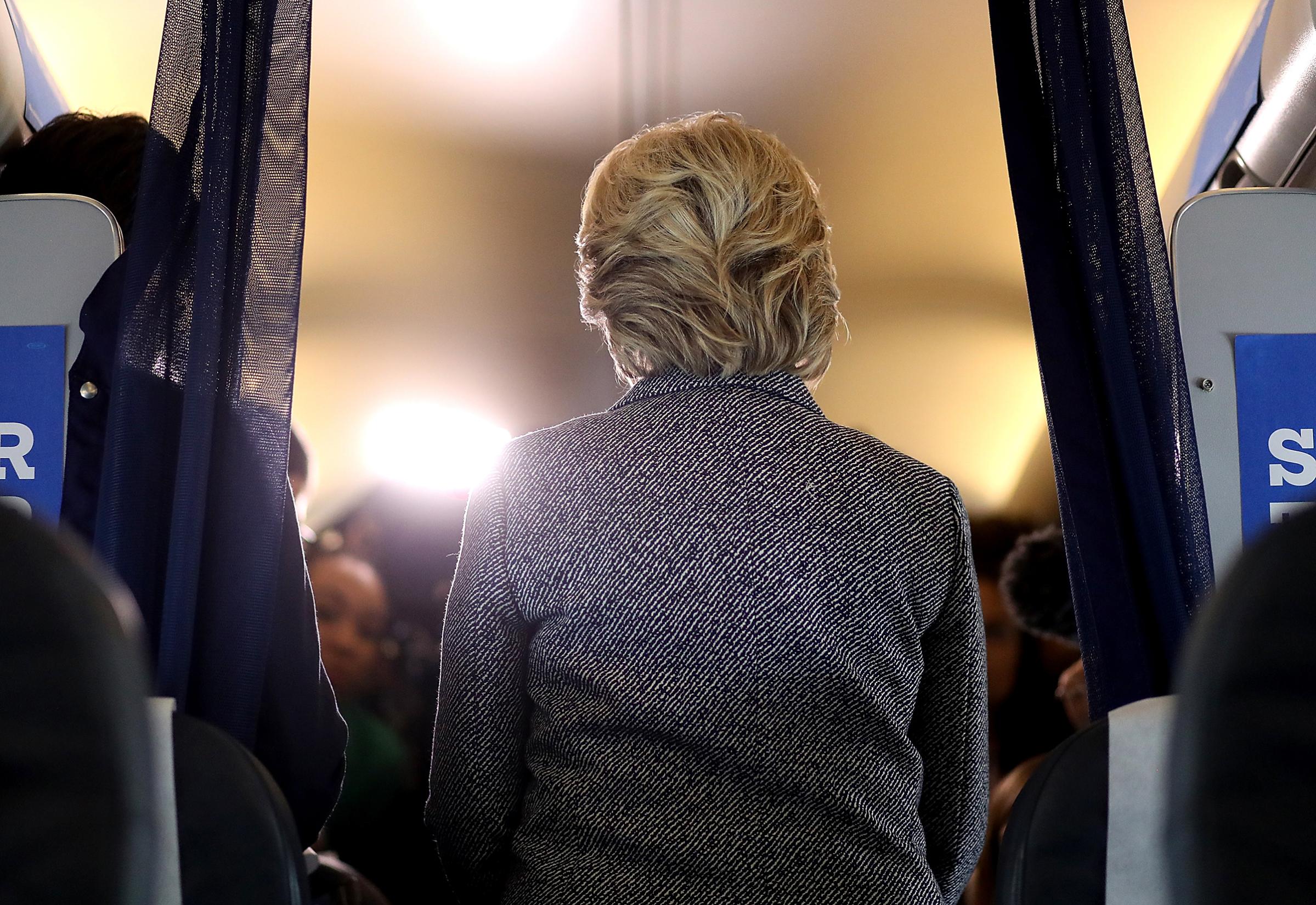
By the end of that day in Iowa, we understood that the FBI’s new actions on emails were actually related to the case it was pursuing against Huma Abedin’s then-husband, Anthony Weiner. It was wrenching to watch the pain this news caused Huma. She was distraught. Hillary and I sat with her in our cabin on the plane as Huma sobbed. “He is going to kill me” was all Huma could manage to say in between sobs. She had been through so much in her marriage and on the campaign and had always managed to stay focused on her job and wear a brave face through whatever crisis she was facing. This was a rare moment when she broke down. I watched as Hillary hugged her and was able to help calm Huma down. On the flight back to New York, Hillary insisted all of us have big ice-cream sundaes in an effort to cheer Huma up. She never said a word of complaint over the course of the next 11 days about the impact the Comey letter was having on her personally.
Flying back from Florida on Oct. 29, 2016, the day after the infamous Comey letter came out, I joked with Hillary about what seemed to be her ever-growing number of opponents. It felt like we had four men running against us — Donald Trump, Vladimir Putin, Julian Assange, and Jim Comey. I don’t believe it is a coincidence that the first woman nominee of a major party ended up being hounded by four men, all taking actions that would influence the campaign in ways never before seen in our country’s history. Maybe that’s just how presidential campaigns are in the 21st-century. Or maybe there was just something about her the four of them didn’t like.
Putin was no fan of President Obama, but he reserved a special ire for Hillary, the woman who dared to challenge the legitimacy of the 2011 Russian elections when she was secretary of state. Julian Assange had a long-held animosity for her, too, going back to WikiLeaks’ foray into the State Department’s cables when Hillary was secretary of state. As for Jim Comey, when he sent that letter about additional emails to the Hill, he went out of his way to break precedent, despite claiming that his overriding imperative when it came to managing the Clinton email investigation was to follow standard FBI practice at all times. I know he doesn’t see it that way, but obviously there was something about her case that drove him to ignore precedent and take an extraordinary step that may well have cost Hillary the election.
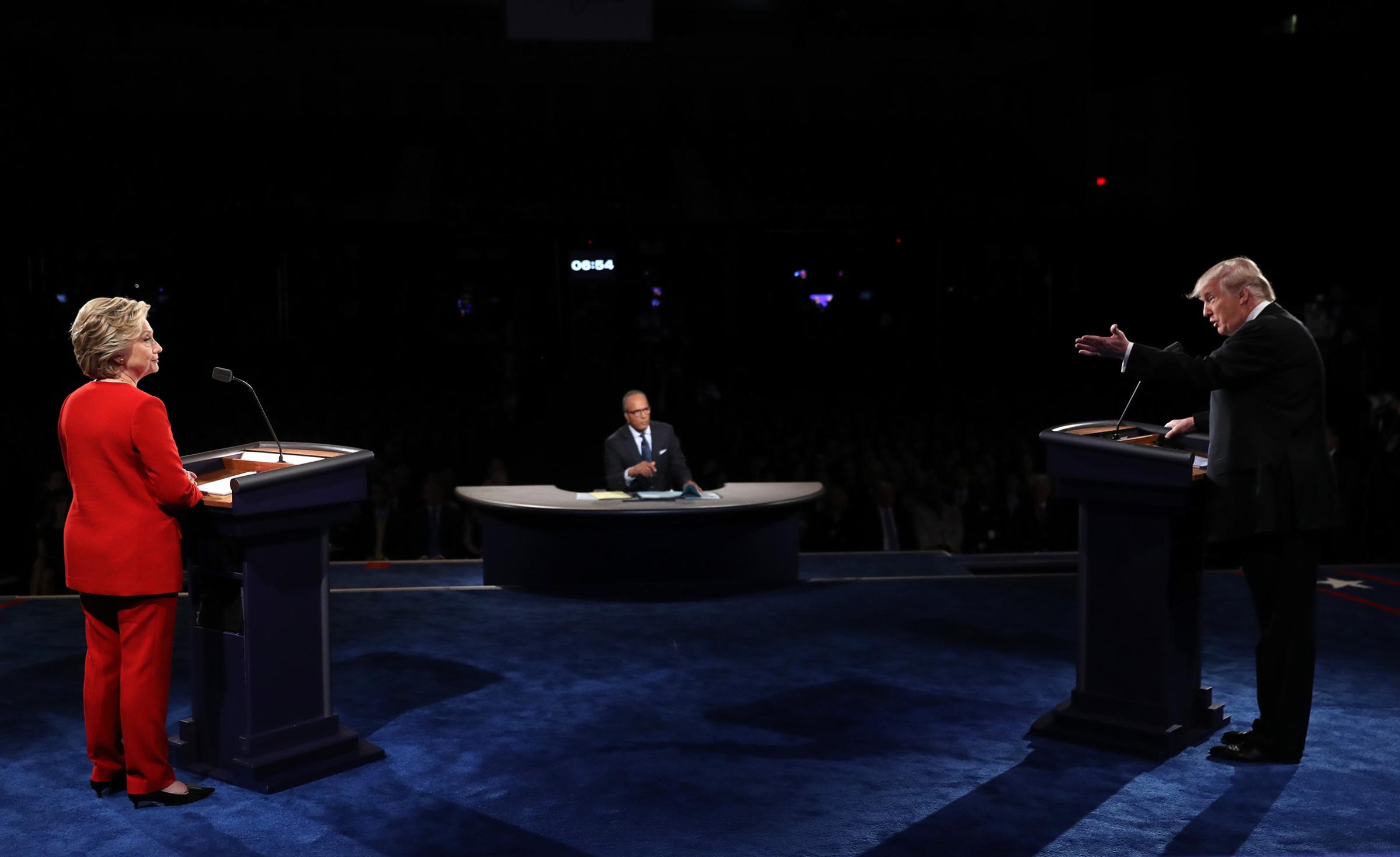
As for Donald Trump, is it a coincidence that the first woman nominee of a major party lost a presidential election to a misogynist? I have my doubts. There were times in the closing weeks when the campaign felt less like a presidential run and more like a primal battle for survival. Between the accusations of sexual harassment and assault against Trump failing to dampen the enthusiasm of his supporters, the creepy “lock her up” rallies, Putin’s Russian email leaks, Comey’s letters and Trump threatening that he might not accept the results of the election if Hillary actually won, it was a darkly surreal phase during which I literally had to pause every now and then to confirm that I wasn’t dreaming.
Earlier in the summer, Hillary, Senator Tim Kaine, his wife, Anne Holton, and I laughed over the absurdities we encountered in the campaign, talking on our bus one morning in Harrisburg, Pa. I told them the campaign felt like a Batman-movie version of a presidential campaign — Christopher Nolan-style. Both candidates were from Gotham. Trump was our lead villain but had help from side characters like Putin and Assange. We had other characters who, like Catwoman, were sometimes on our side, sometimes not. I put Comey in this category. President Obama was Commissioner Gordon. And the fate of the world hung in the balance.
It was a funny comparison in July. In October, it almost felt too apt to be considered a metaphor. The trail was a scary place.
Emotions were running so high in the country that I feared there was going to be some violence before the election. I even half-jokingly said to Hillary one day in October that it was beginning to feel like we were upsetting some cosmic natural balance by seeking to “upend the patriarchy.” I didn’t really believe it, of course, but a large part of the country seemed to believe Hillary represented an existential threat to the proper order of things.
I want to tell you what that day after we lost felt like. It felt like a movie scene you would never see. The scene where you don’t defuse the bomb just in time. The scene where the world explodes.
It is 7 a.m. on Wednesday, Nov. 9. I wake up in my room at the Peninsula New York hotel, having gone to sleep two hours before.
What follows?
Silence. A suffocating silence. Like I have been hurled into a black hole. Disconnected from the rest of the world. It doesn’t even seem possible to me that I could still speak with the other campaign staff. I imagine that if I picked up my phone to call one of them, it wouldn’t work. I imagine each of them also tumbling in space, in isolation, no gravity, no orientation.
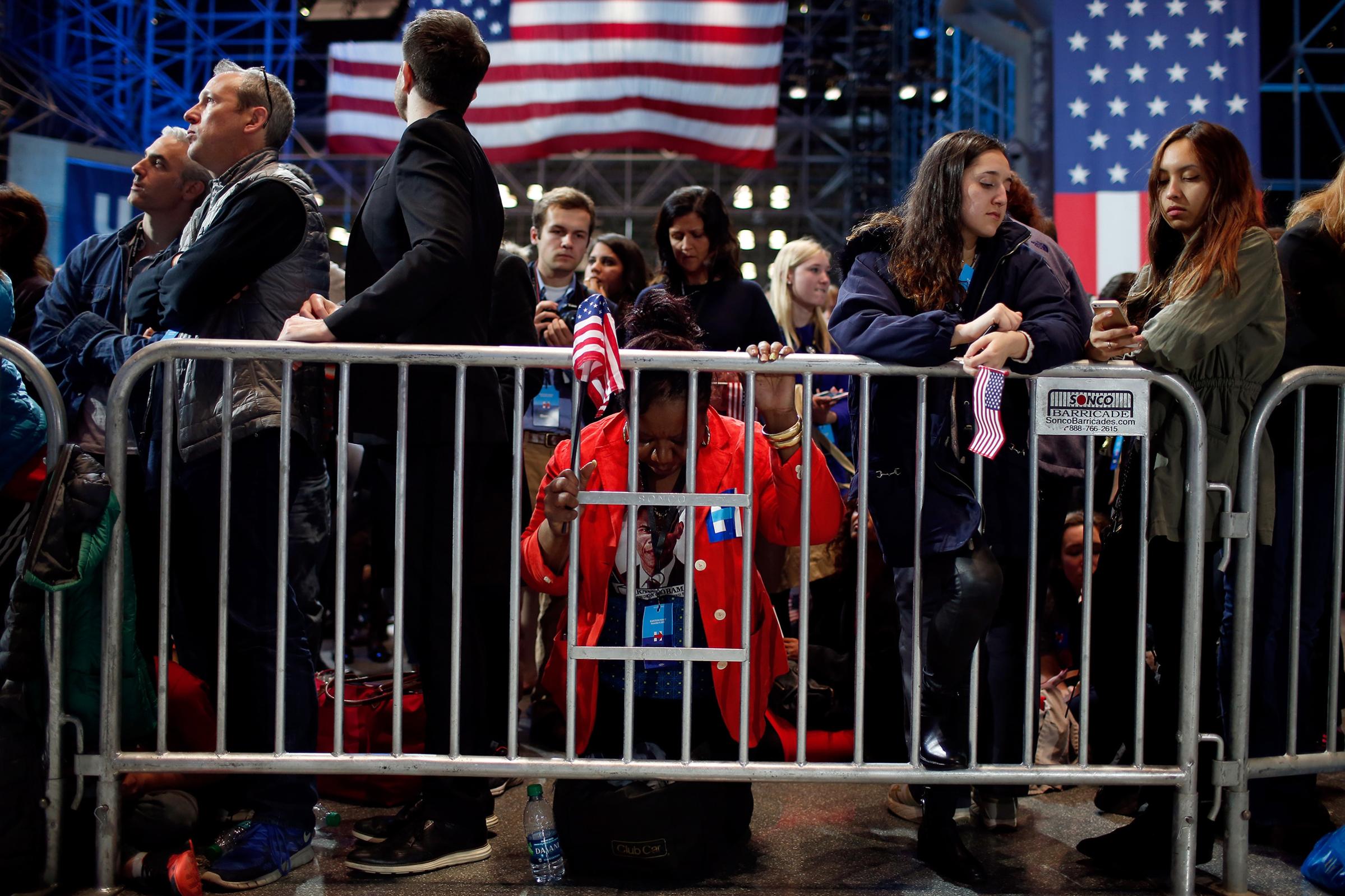
This much I can process: I feel fear. Free-floating fear. It’s not attached to anything specific yet. Just fear. Also, this: a yearning — not a hope, because I can feel no hope on this day — but a yearning that this new world America is entering won’t be as bad as we predicted. And failure. We failed. It was on us to save America and we let her blow up. I recall President Obama pointing at me in jest just 36 hours earlier as he left the Philadelphia rally on Monday night, saying, “Do not mess this up!” “We got it, we got it,” I replied. A different universe. A different lifetime. One I desperately want to get back to. One in which I understood how the world operated, where certain things were set in stone.
I didn’t think electing the first woman was going to be that hard. We had already elected our first black president, and that seemed a more difficult thing to do in America. The way I saw it, women were advancing relatively well in the professional world. I knew I owed a debt of gratitude to the baby boomer women of Hillary’s generation who had been the ones to break barriers for women in so many professions, and I appreciated the rocky path they traveled that made the opportunities I had possible. I felt like women were on track now and it would just be a matter of time until one became president.
I think of Hillary. Devastation. I think of her and all I can feel is devastation. She will be the least surprised that this happened. She came into this race with some reluctance. More than anyone would have imagined. She felt unease throughout the campaign, and we all kept telling her it would be fine. And now she suffers this. Infinitely worse than 2008. I don’t feel like we failed her so much as we kidded ourselves into thinking all that we faced was manageable. She could feel what was happening, all the forces — seen and unseen, cosmic and earthly — that were lining up against her.

I think a lot of women initially viewed the uncertain post-Nov. 9 world with unease. We had lived our lives playing by a certain set of rules, and they had failed us. We didn’t know what to make of it at first. Could it be that women are meant to go only so far in the world? No, that can’t be it. Women haven’t plateaued; it is the rules we were playing by that are outdated. We are learning to appreciate that with this uncertainty comes an empowering new sense of possibility. I look around at all that women are doing in America today and I am inspired. Women aren’t just running for office in record numbers, they are winning in record numbers, too. In the worlds of art, politics, and business, women aren’t following anyone’s rules — they are creating their own game.
Excerpted from DEAR MADAM PRESIDENT: An Open Letter to the Women Who Will Run the World. Copyright © 2018 by Jennifer Palmieri. Reprinted with permission of Grand Central Publishing. All rights reserved.
More Must-Reads from TIME
- Donald Trump Is TIME's 2024 Person of the Year
- Why We Chose Trump as Person of the Year
- Is Intermittent Fasting Good or Bad for You?
- The 100 Must-Read Books of 2024
- The 20 Best Christmas TV Episodes
- Column: If Optimism Feels Ridiculous Now, Try Hope
- The Future of Climate Action Is Trade Policy
- Merle Bombardieri Is Helping People Make the Baby Decision
Contact us at letters@time.com